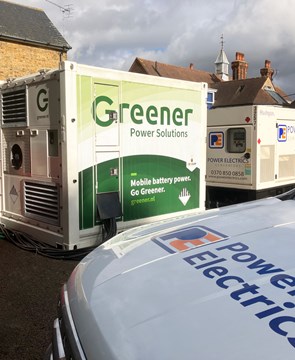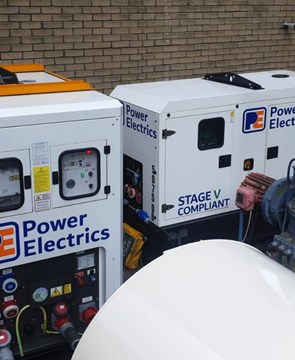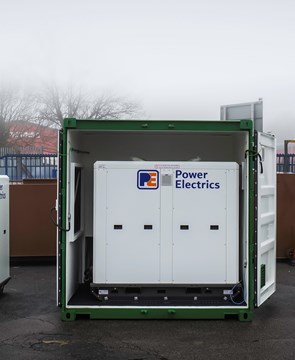Emissions: It’s not all about Carbon
We’re all becoming increasingly aware of the seriousness of global warming. Power Electrics has written this blog to highlight some of the main causes of global warming, what emissions you need to be aware of and what actions can be taken to reduce them.
What are the main causes of Global Warming?
The burning of Fossil Fuels
Burning fossil Fuels such as coal, and gas to create electricity or to power vehicles release Carbon Dioxide (CO₂) particles into the atmosphere.
Deforestation & Tree-Clearing
Plants and Trees are magnificent in that they play an important role in absorbing Carbon Dioxide from the air and releasing oxygen in return. Unfortunately, vast areas of flora have been cleared from around the world. With the removal of this vegetation, the stored carbon dioxide is released back into the atmosphere.
Agriculture and Farming
If livestock is grazed at a large scale, the level of methane (a greenhouse gas) produced can be a big contributor to climate change. Some farming techniques also release Nitrous Oxide (NOx), another greenhouse gas that is detrimental to the environment.
What exactly is Carbon Dioxide?
In dictionary terms, Carbon Dioxide (CO2) is a greenhouse gas that is natural and harmless in small quantities. If levels rise, however, it can affect our health. As mentioned above, unnatural deforestation and the burning of fossil fuels have raised the atmospheric concentrations of carbon dioxide by 48% since the pre-industrial levels found in 1850. With carbon dioxide being added into the atmosphere more quickly than it is removed, the extra carbon dioxide contributes to global warming. How? CO2 molecules can absorb radiation, keeping the earth warmer than it otherwise should be. This extra warmth leads to changes in the climate, ranging from heatwaves to frequent droughts and stronger storms.
Is Carbon Dioxide the only gas to be worried about?
No. Carbon dioxide isn’t the only gas that is contributing to global warming. Nitrogen Oxides (NOx) are a family of poisonous, and highly reactive gases. These are formed when fuel is burned at high temperatures. Air pollution harms our health and wellbeing. The combined impact of Nitrogen Oxide (NOx) and Particulate Matter (PM) pollution in the UK is estimated to lead to the equivalent of approximately 50,000 premature deaths per year. Nitrogen Oxide plays a major role in atmospheric reactions with volatile organic compounds that produce ozone (smog).
Particle Pollution, what is it?
Nitrogen Oxide is part of a group of gaseous air pollutants produced because of road traffic and other fossil fuel combustion processes. Its presence in the air contributes to the formation and modification of other air pollutants, such as ozone and particulate matter, into acid rain.
We hear you Power Electrics, Carbon Dioxide, Particulate Matter and Nitrogen Oxide (NOx) are the gasses we need to be aware of! How exactly do they affect our health though? This is through something called Particle Pollution. Particle Pollution is a mix of tiny solid and liquid particles that are in the air we breathe.
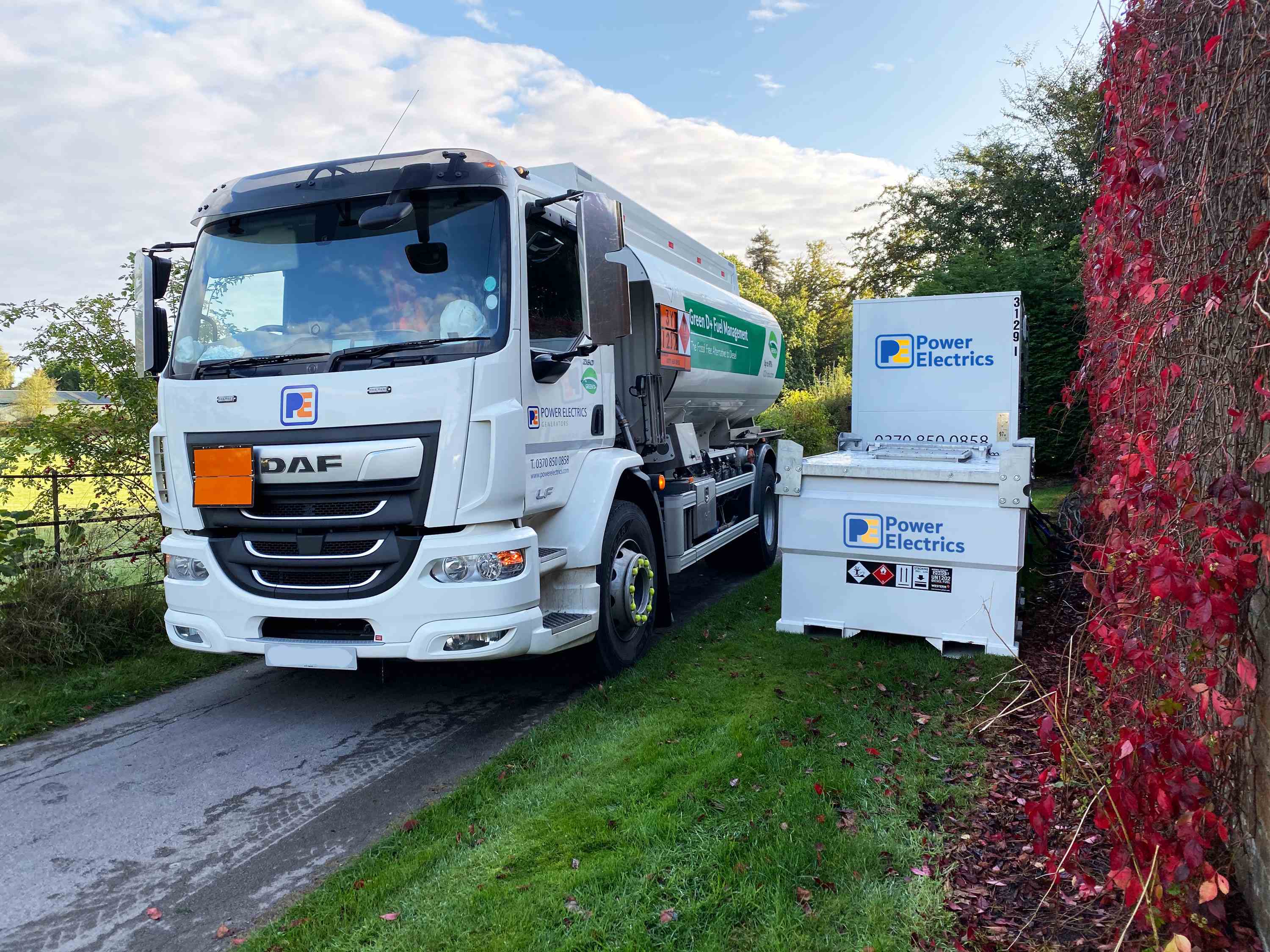
Is it all just bad news?
If you’ve made it this far, there is no need to be disheartened. Sure, it hasn’t made for positive reading just yet but there are plenty of steps that can help. Listed below are just a few examples of these:
- Using sustainable sources such as solar and wind energy
- Planting more trees through reforestation and afforestation (approximately 1.9 billion trees are planted each year)
- Shopping sustainably
- Using different stock feeds can help to reduce farming’s contribution to the rise of methane and NOx
- Reducing the amount of electricity generated from coal and gas, replacing with sustainable fuel sources like HVO
How Power Electrics reduces emissions
At Power Electrics, we are progressing on our carbon reduction journey and forging our position as a sustainable temporary power generation leader. To do this, we are pleased to offer an alternative to traditional diesel for our generators.
HVO (Hydrotreated Vegetable Oil) fuel reduces your carbon emissions, nitrogen oxides, and particulates. Helping to decarbonise the planet by removing Greenhouse gases and improving local air quality.
Not only that, but we offer a range of hybrid rental units that can reduce fuel consumption by up to 50%, helping you reduce your fuel bills and cut emissions on-site.
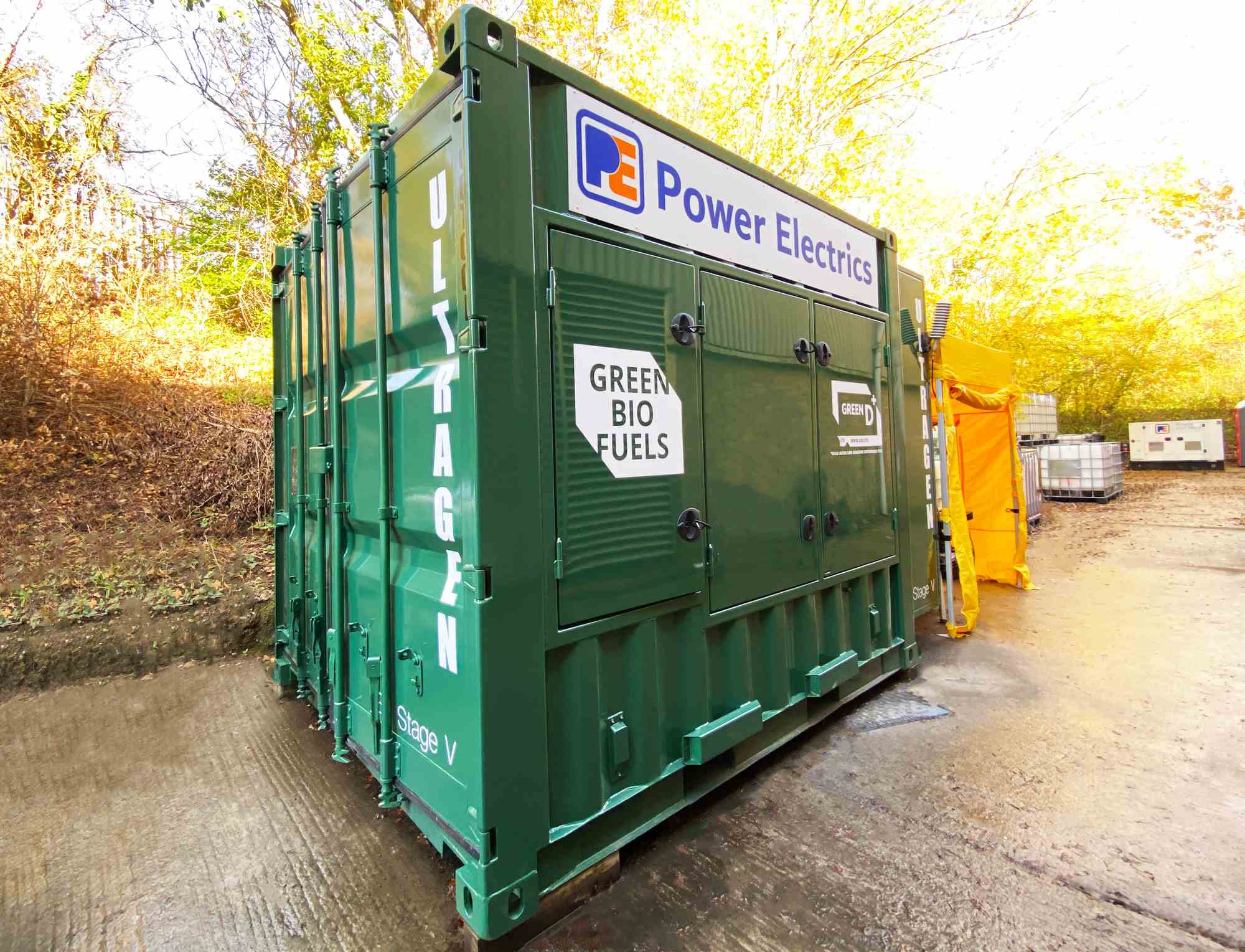
Ultragen
Power Electrics' Ultragen Range offers organisations across the UK a temporary power solution that can reduce the carbon footprint of their projects, as well as compliance with any of the UK’s Clean Air Zone legislations.
The Ultragen range is an accredited solution, designed to meet the ultra-low emissions targets of EU's Stage V. Stage V is an engine emissions standard for Non-Road Mobile Machinery (NRMM). Stage V sets the emission levels for NOx and Particulates released into the atmosphere.


